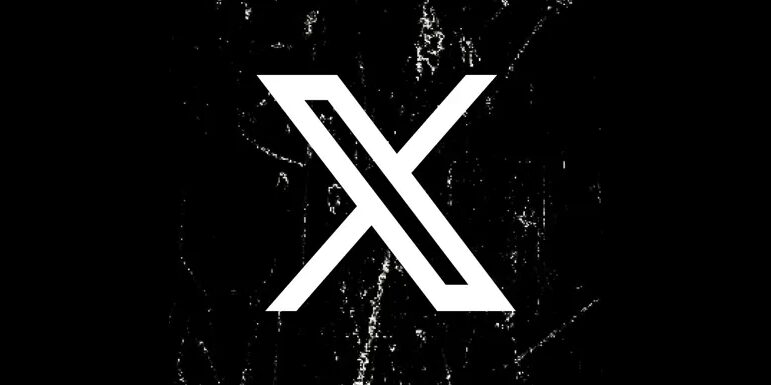
Elon Musk set off a firestorm Friday by announcing that Twitter, now called X, would “delete” the service’s longstanding user-blocking feature — raising the prospect that, as a result, the app could be booted from Apple and Google’s app stores.
“Block is going to be deleted as a ‘feature’, except for DMs,” Musk wrote. “Makes no sense.”
Soon after Musk made the claim, users annotated his post via the platform’s Community Notes feature and included links to Apple and Google’s app-store guidelines, alleging Musk cannot eliminate the account-blocking feature without running afoul of the rules (see below). By Friday evening, however, the Community Notes fact-check had been removed from Musk’s post.
According to Apple’s App Store review guidelines, “apps with user-generated content or social networking services must include… The ability to block abusive users from the service.” Similarly, Google Play’s policies on restricted content say, “Apps that contain or feature [user-generated content]… must implement robust, effective and ongoing UGC moderation that … Provides an in-app system for blocking UGC and users.”
So would the X app be banned by Apple and Google if the account-blocking feature is removed? Not necessarily.
To Musk, what’s needed in place of blocking is “a stronger form of mute,” as he’s described it. Currently, the X/Twitter mute function simply hides individual accounts that you don’t want to interact with from your timeline — in other words, such “muted” users are still able to see your posts and reply to them.
What would a more robust mute button look like? Aqueel Miqdad, a software engineer at X, suggested in a post, “We can make mutes stronger, like not allow people you mute to reply or quote you. We can also transfer [your] block list to mute list.” Echoing his boss, Miqdad argued that the block feature is, practically speaking, useless: “Preventing an account from seeing your posts does not work in practice. Anyone with any intent can find out what you post by simply creating another account or logging out.”
Christopher Stanley, head of security engineering at X and a principal security engineer at Musk’s SpaceX, quoted Miqdad’s post and said, “People are definitely freaking out because what they assume removing blocks means. Most of what they assume is incorrect.” To which Musk replied, “Mayhem over nothing 🤣.”
The idea appears to be that X could make the case to Apple and Google that an enhanced mute function (“super-mute”?) is functionally equivalent to user-blocking, and thus would bring it into compliance with the app stores’ requirements on this front. Whether that will fly, of course, is unknown.
For now, Musk’s unilateral decision about getting rid of account blocking raised enormous red flags among those who fear the change will eradicate a vital safety mechanism for reducing harassment and abuse on the platform.
For example, Monica Lewinsky tagged Musk and X CEO Linda Yaccarino in a post Friday in which she asked them to “please rethink removing the block feature. as an anti-bullying activist (and target of harassment) i can assure you it’s a critical tool to keep people safe online.”
Yaccarino, who led ad sales at NBCUniversal before joining Musk’s social network in June, quoted Lewinsky’s post and wrote, “Our users’ safety on X is our number one priority. And we’re building something better than the current state of block and mute. Please keep the feedback coming.”
But given the inevitable backlash, why does Musk want to do away with full account blocking, anyway? He’s a self-proclaimed “free speech absolutist,” so presumably empowering users to block someone else from seeing their posts smacks of censorship.
From a business perspective, a “super-mute” feature that would allow effectively blocked users to continue to view the blocker’s posts would expand the addressable ad inventory for X. And Musk needs every buck he can scrape up, after ad revenue plummeted 50%+ following his takeover. “We’re still negative cash flow, due to ~50% drop in advertising revenue plus heavy debt load,” he posted on July 15.
Meanwhile, some pointed out the irony of Musk championing the removal of account-blocking when Musk himself has blocked many users. “[M]an who loves to block everyone who challenges his views announces plan to remove block feature,” social media consultant Matt Navarra wrote, posting what he said was a screengrab showing Musk blocking him on Twitter. “[W]hat is he smoking today.”
Here is what Musk’s post looked like with the Community Notes annotation, before that was removed:
Read More About:
Source: Read Full Article